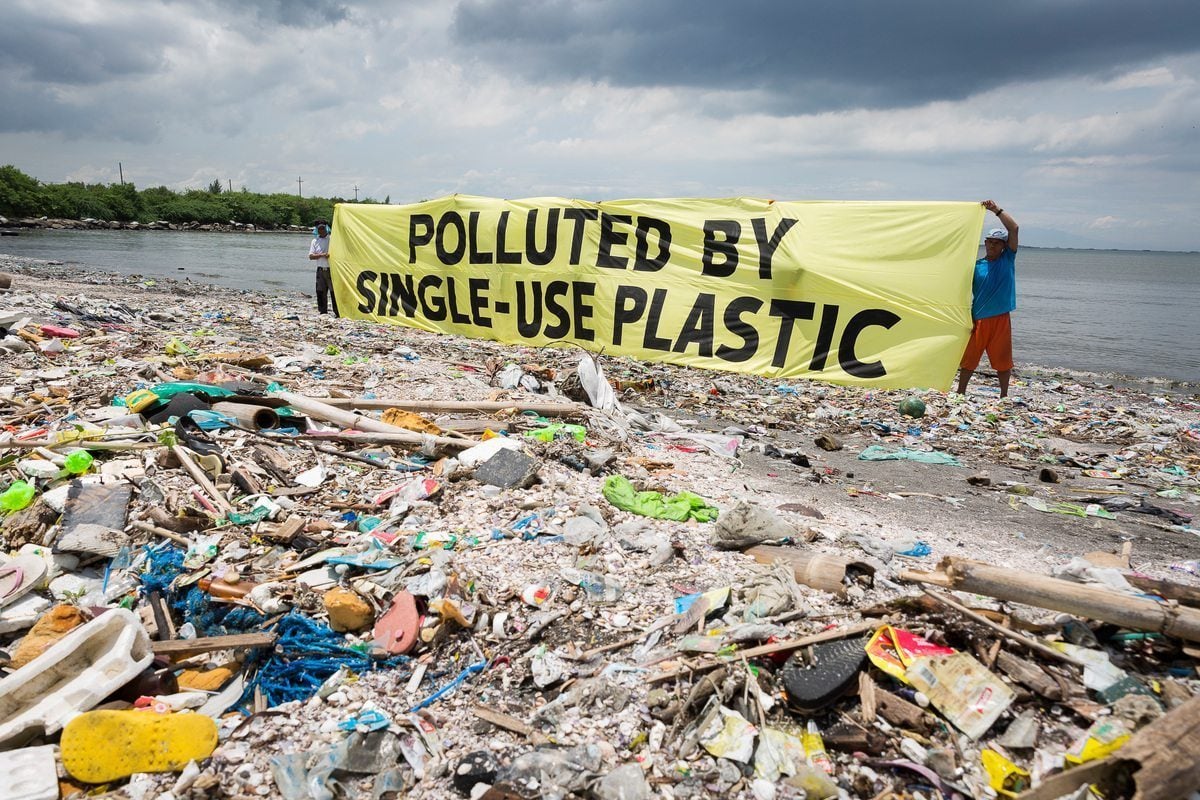08:26:51 pm 10/17/2023
Viewed: 4667
The Hidden Crisis: Why Recycling Isn’t Enough to Solve Our Plastic Problem
A Disturbing Discovery in a Local Park
Imagine taking a leisurely stroll through your local park, expecting to breathe in the fresh air and enjoy the greenery. Instead, you find yourself dodging discarded plastic bottles, stepping over plastic wrappers, and even spotting a plastic bag hanging from a tree branch. The harsh reality of plastic pollution hits you right in your sanctuary of nature.
The Staggering Scale of Plastic Waste
Humanity has churned out approximately 11 billion metric tons of plastic, surpassing the combined weight of all terrestrial and marine animals. Each year, about 430 million tons of new plastic is produced, a significant portion of which is single-use plastic. These items are used briefly and then discarded, contributing to an annual economic loss of up to $120 billion.
According to a report by the World Economic Forum, if current trends continue, there will be more plastic than fish in the ocean by 2050. This is not only a threat to marine biodiversity but also to human health and livelihoods. As Sylvia Earle, a world-renowned oceanographer and explorer, warns: "No water, no life. No blue, no green."
The Recycling Myth
For years, we’ve been told that recycling is the answer to our plastic woes. However, the reality is far from this rosy picture. The recycling rates for plastics, especially single-use items, are abysmally low. Not only is the recycling process often inefficient and costly, but it also consumes a lot of energy. To make matters worse, many plastics are not recyclable at all or lose their quality after being recycled. The plastic industry has been successful in painting a misleading narrative about the efficacy of recycling, all while lobbying against regulations that could actually make a difference.
As Annie Leonard, an environmental activist and the executive director of Greenpeace USA, puts it: "There is no such thing as ‘away’. When we throw anything away, it must go somewhere." Recycling alone cannot solve the plastic problem; we need to reduce our consumption and production of plastics in the first place.
Case Studies: Success Stories in Combating Plastic Waste
Communities and organizations around the world are taking innovative steps to reduce plastic waste. For example, the city of San Francisco has banned the sale of single-use plastic water bottles on city property, leading to a significant reduction in plastic waste. Similarly, the Ocean Cleanup project has developed technologies to remove plastic from the oceans and is actively working on large-scale deployments.
The Environmental and Health Toll
The impact of plastic pollution goes beyond littering our landscapes and oceans. Plastics break down into microplastics—tiny particles that can be ingested by both animals and humans. These particles can carry toxic substances and even pathogens. Additionally, the production and disposal of plastics contribute to greenhouse gas emissions, exacerbating climate change.
According to a study by the Center for International Environmental Law, the lifecycle of plastics could account for up to 13% of the global carbon budget by 2050. This means that plastics could significantly undermine our efforts to limit global warming and avoid its catastrophic consequences.
Time for a Paradigm Shift
It’s high time we rethink our relationship with plastics. We need to move away from our dependency on single-use plastics and explore sustainable alternatives. Consumers must demand greater transparency and accountability from the plastic industry. Supporting policies that aim to reduce plastic production and promote a green economy is not just an option; it’s a necessity.
Some of the alternatives that are already available or being developed include biodegradable plastics made from natural materials such as corn starch or algae, reusable packaging systems such as Loop, or innovative solutions such as edible water pods. These alternatives do more than stem the growing tide of plastics: they also create circular economies that minimize waste and maximize resource efficiency.
Additional Resources
For those interested in diving deeper into this pressing issue, here are some recommended resources:
Plastic Pollution Coalition (https://www.plasticpollutioncoalition.org/) Ocean Conservancy (https://oceanconservancy.org/) The Story of Stuff (https://www.storyofstuff.org/) Action Now: Your Role in Combating Plastic Pollution
We've laid out the facts, and the situation is dire. But the good news is, you can make a difference. Here are some actionable steps you can take today to be part of the solution:
Reduce Single-Use Plastics: Start by eliminating single-use plastics from your daily life. Opt for reusable water bottles, grocery bags, and straws.
Educate and Advocate: Share this article and other credible sources of information on your social media. The more people are aware of the issue, the bigger the impact we can make.
Support Legislation: Many cities, states, and countries are considering legislation to ban single-use plastics. Find out what's happening in your area and how you can support it. (Plastic Pollution Coalition: https://www.plasticpollutioncoalition.org/) Volunteer for Clean-Ups: Organizations like Ocean Conservancy regularly organize beach and ocean clean-ups. Participate in one near you. (Ocean Conservancy: https://oceanconservancy.org/) Donate: If you can, consider donating to organizations that are working to combat plastic pollution. Your financial support can go a long way in funding research and advocacy efforts.
Hold Brands Accountable: Use your purchasing power to support companies that are committed to sustainability. Check out this list of companies that are making strides in reducing their plastic footprint. (25 Badass Companies: https://www.greenbiz.com/article/25-badass-companies) Join Community Initiatives: Many local communities have grassroots organizations working to reduce plastic waste. Join one, or start your own!
Remember, every action counts. As Leonardo DiCaprio said, "We have the power and the responsibility to change this situation for the better." So let's not wait any longer. Take your first step today and be part of the change we so desperately need.
for more reading on this subject and other environmental issues:
No video exists.
Today: 1927
Total: 843635
Last Hour: 0





Comments